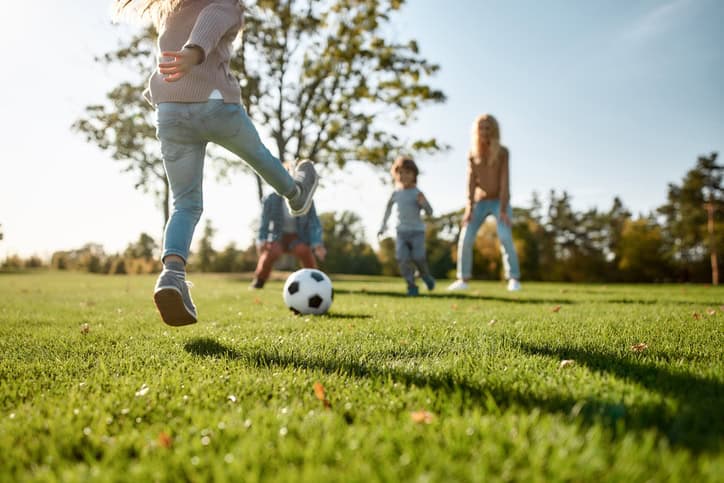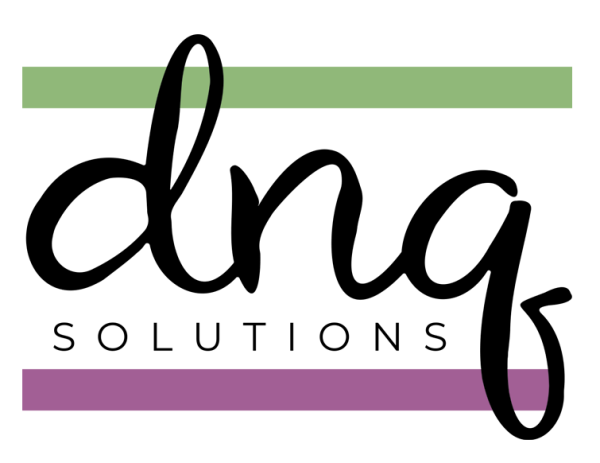
Kids are just as busy as we are. Gone are the days when children would come home from school, deposit their lunchbox and backpack, grab a snack, and dash back out the door to play with their friends. Something happened to our kids’ playtime. They are involved in activities from dawn to dusk in part to provide childcare because both parents work. Also, because parenting is easier when the children are involved and not left to their own devices. You never know what kids will get into.
Organize your home so that kids can have free play when they are not at a scheduled activity. Put games and toys that need a little supervision up out of reach. Leave some toys and books on shelves within reach for them.
Make your kitchen child-friendly and put plastic plates and cups down low for them to access easily. Have an easy to reach spot where you keep some food the children can help themselves to like cereal and some snack foods.
Here are 3 reasons kids’ playtime is important:
Learn valuable life lessons
When children have time to play, either with siblings or neighborhood friends, they learn to share toys, to get along, and to compromise. As a former elementary school teacher, I can tell you that many schools have free time built into the academic day just for this very reason. Children will get into arguments over sharing toys and following the rules of a game. This is a part of life. Learning how to work together and arrive at a compromise is a valuable life skill. They need to have the freedom to solve these small problems on their own as youngsters. This will help them to be better equipped to solve such problems as they grow up.
Use their imagination
Free unstructured play invites children to use their imagination. Children can use empty cardboard boxes, building blocks, lego pieces and stuffed animals or action figures to tell their stories. When children are constantly participating in organized activities their imagination gets pushed to the back burner. Cultivate your child’s imagination by providing them with time to play on their own.
When my children were small, they would go into the backyard and do what they called ‘stream work’. They would take the children’s garden tools out of the garage and dig around in a small ditch that ran along the side of the driveway. My boys had a wonderful time just playing outside. I could see them from inside the house and kept tabs on what they were doing but this marvelous free play let them actively use their imagination on their own without my direct supervision.
It’s OK to be bored and do nothing
Teach your children that’s it’s ok to be bored, to sit around, and let your mind wander. Their mind may come up with a creative solution to a problem they have. They may decide to sit and have a conversation with you. How fabulous is that?
Do your best to resist having the phone or television be the antidote to boredom.
Provide your children with boundaries for using their phone or watching T.V. If they come to you complaining telling you they are bored, there’s nothing to do, tell them it’s ok. Yes. I know they will moan and groan but be strong. Give them options. Tell them they can read a book, take a nap, play with a sibling, help make dinner, or sit and do nothing. Let them know that you see value in kids’ playtime.
In conclusion
It takes some planning and organizing to create space in your day or week for kids’ playtime, but it is important. Kids’ playtime encourages your children to use their imagination and think creatively. Children learn valuable life lessons when they can solve the small problems that they come up against which in turn gives them self-confidence and promotes resilience.
Diane N. Quintana is a Certified Professional Organizer® ,a Certified Professional Organizer in Chronic Disorganization®, Master Trainer and owner of DNQ Solutions, LLC and co-owner of Release●Repurpose●Reorganize, LLC based in Atlanta, Georgia. Contact Diane for a free 30-minute consultation to find out how you can organize your time to incorporate more kids’ playtime into your children’s schedule.

